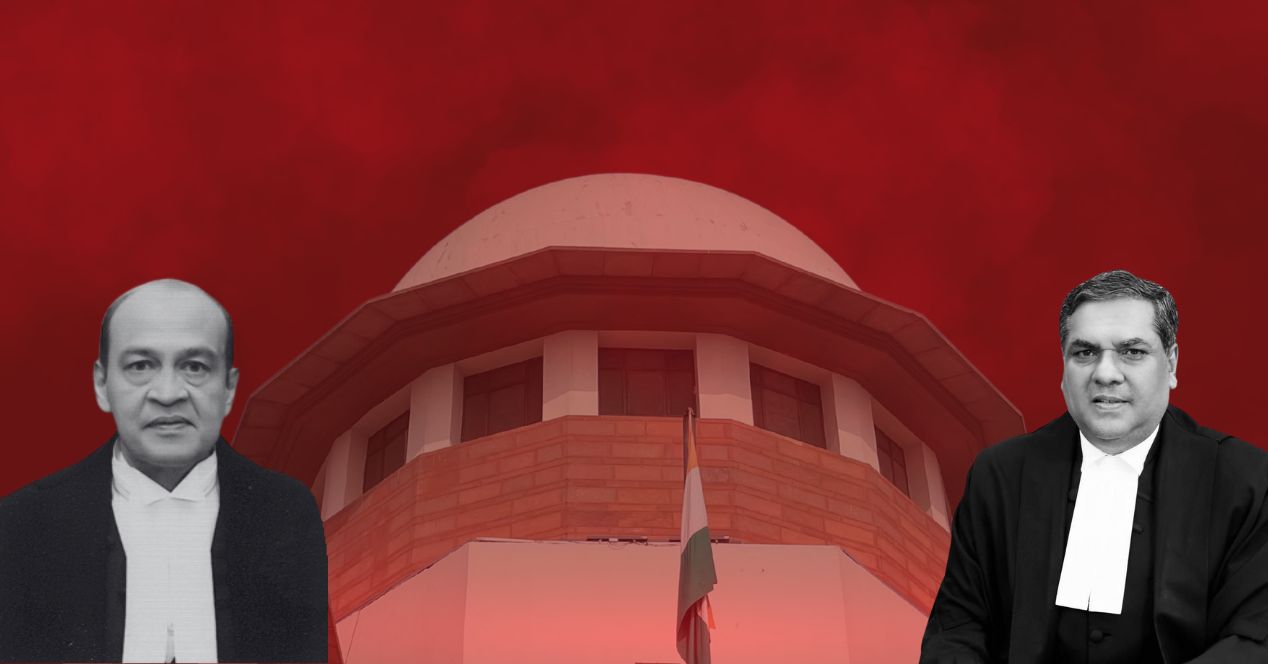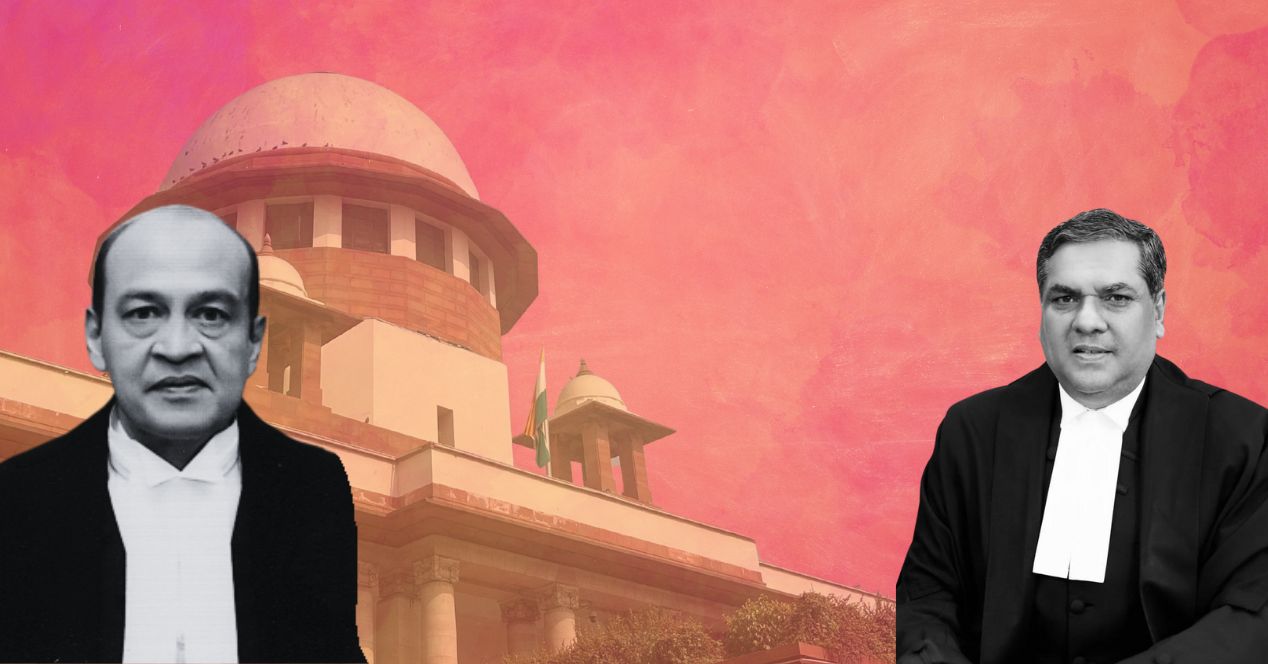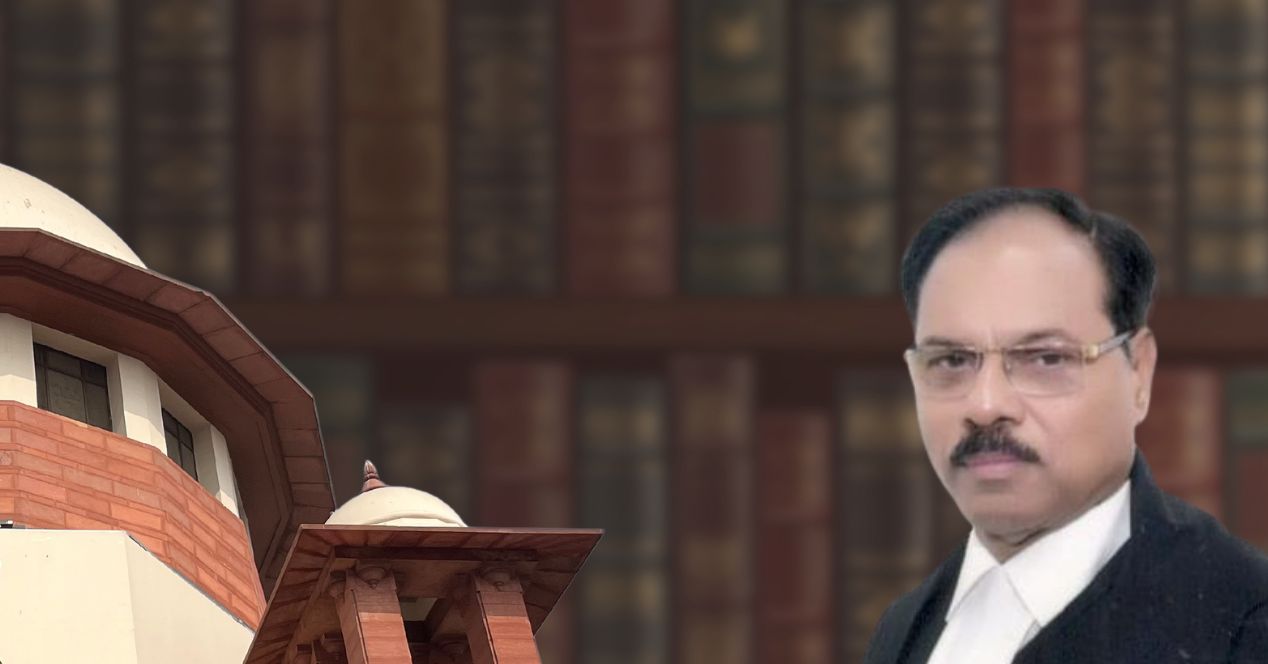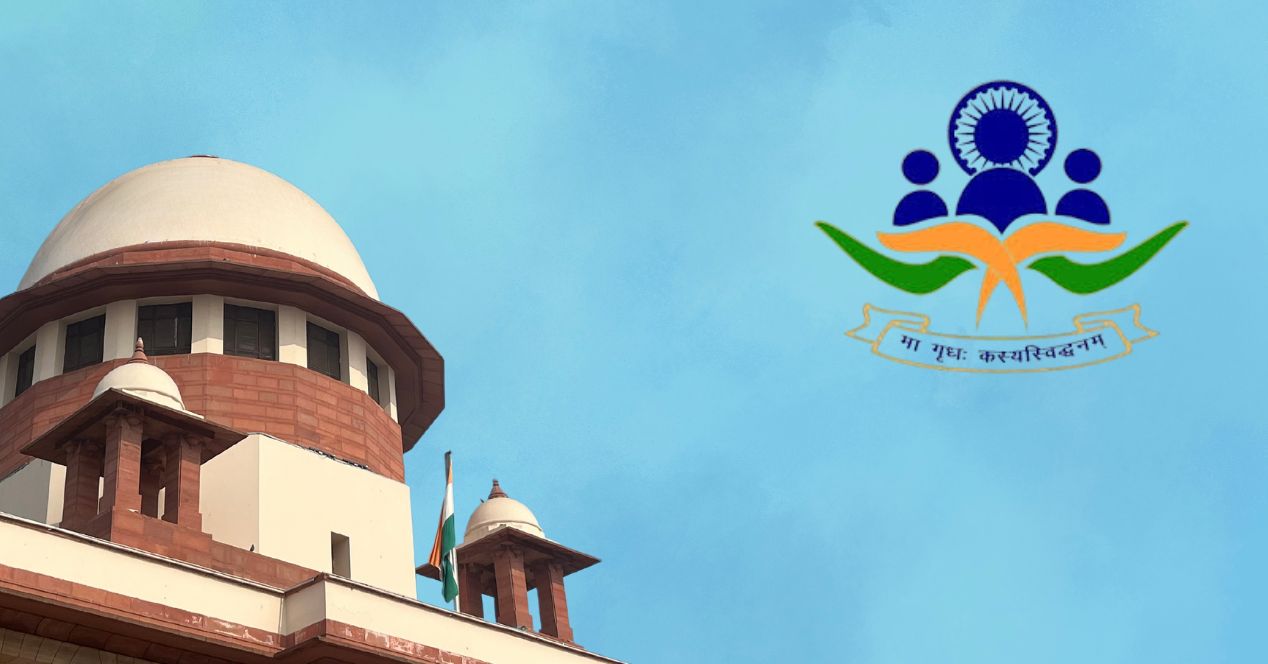Analysis
NJAC or JSAB?
The conversation after the cash discovery at Justice Yashwant Varma’s residence seems focussed on appointment, not accountability
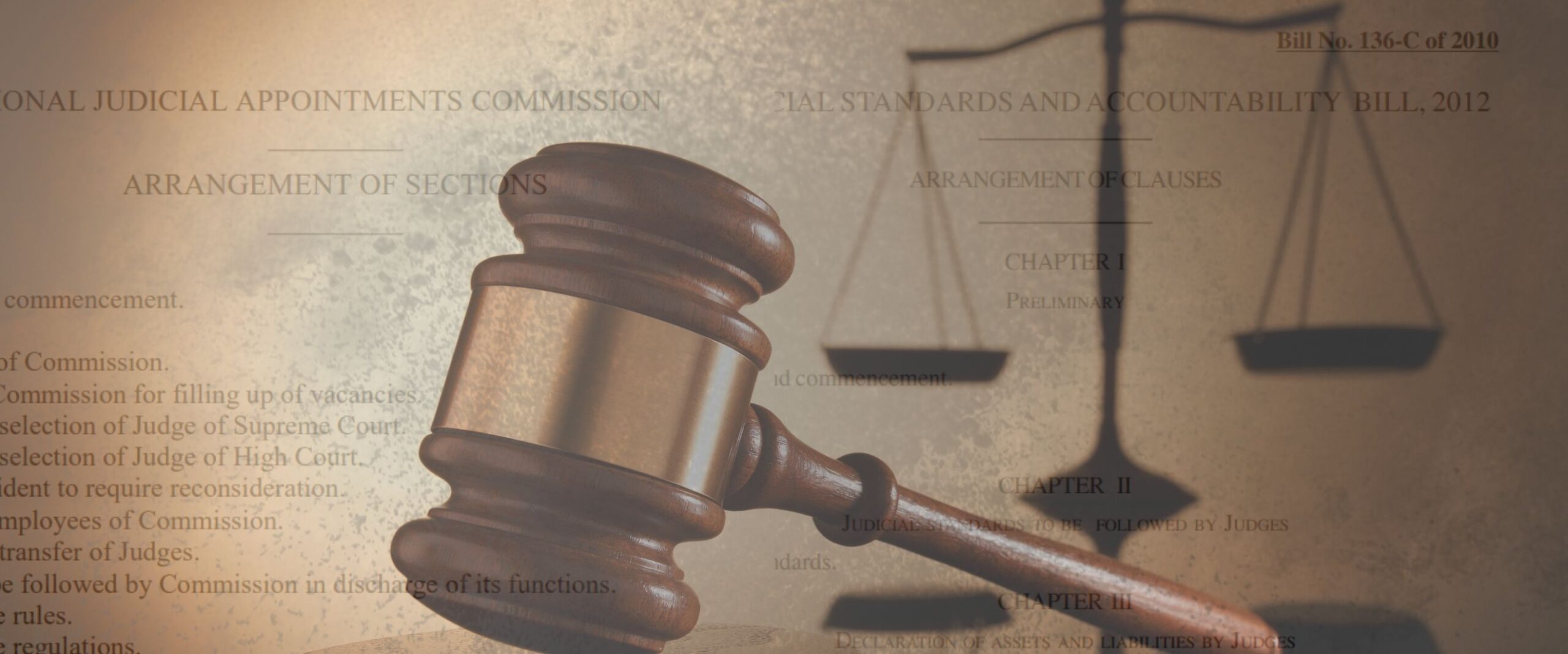
In 2015, a 4:1 verdict of the Supreme Court held that the National Judicial Appointments Commission (NJAC) Act and the 99th Constitutional Amendment Act were unconstitutional. This restored the Collegium system for selecting judges to the higher judiciary.
The proposed Commission was to have six members including the Chief Justice of India and two judges of the Supreme Court. The other three were the Union Law Minister and two eminent persons nominated by a committee comprising the Prime Minister, the CJI and the Leader of the Opposition. Since the NJAC Act provided for a veto by any two members, the CJI’s role in the body—and therefore judicial independence—stood diluted.
Earlier this week, Vice President and Rajya Sabha Chairman Jagdeep Dhankar expressed the view that the NJAC would have dealt with the “malaise” in the judiciary had it not been struck down by the Supreme Court. On Tuesday, he called and chaired a meeting of floor leaders from different political parties to discuss ways to ensure judicial accountability. Reportedly, the NJAC and an “NJAC-like mechanism” was a recurrent theme in that meeting.
On Thursday, The Indian Express published an opinion piece by K.K. Venugopal. In it, the Senior Advocate calls for a larger bench to reconsider the 2015 decision. Venugopal, who argued on behalf of the Madhya Pradesh government in those proceedings, notes that he “continues to believe that the Court in the Second and Third Judges case had turned Article 124 on its head.”
Conscious of the shortcomings of the Collegium system, the Constitution Bench in the NJAC case pronounced a supplementary judgement on 16 December 2015. It laid down guidelines to ensure the Collegium’s transparent functioning. The crux of this order was a line in the opening statement of Paragraph 10: “In view of the above, the Government of India may finalize the existing Memorandum of Procedure by supplementing it in consultation with the Chief Justice of India.”
Since then, finalisation of this revised MoP has been the subject of a deadlock between the executive and the judiciary. Meanwhile, Supreme Court judges have called out the delay by the Union in notifying Collegium recommendations and cabinet ministers have openly expressed reservations about the primacy of the judiciary in the appointment process.
However, all the noise around the revival of the NJAC may be conflating two issues—that of appointment and removal. If the stakeholders are serious about addressing the concerns that have cropped up in the wake of the controversy involving Justice Yashwant Varma, the conversation needs to be more centred on accountability. If the government is keen on reviving a dormant or buried legislation, the one it should be talking about is not the NJAC but the Judicial Standards and Accountability Bill, 2010.
That Bill was passed in the 15th Lok Sabha in March 2012 but hadn’t been introduced in the Rajya Sabha. It lapsed when the 16th Lok Sabha was constituted after the General Election in 2014. The Bill, which sought to replace the Judges (Inquiry) Act, 1968 required judges to declare their assets, laid down judicial standards and established processes for both minor measures to address impropriety and removal.
Much of this heavy lifting was to be done by a body known as the National Judicial Oversight Committee (NJOC), comprising a retired CJI as Chairperson, a judge of the Supreme Court, a Chief Justice of a High Court, the Attorney General and an eminent person appointed by the President.
If there was a motion for the removal of a judge in Parliament, the NJOC would have the responsibility of constituting an independent committee to investigate those charges. Additionally, any person could approach the NJOC with a complaint against a judge.
All this is not to say that aspects of the Collegium system don’t need revisiting. It’s to say that framing an immediate accountability concern as a wider political issue around appointment may be putting the cart before the horse.
This article was first featured in SCO’s Weekly newsletter. Sign up now!

